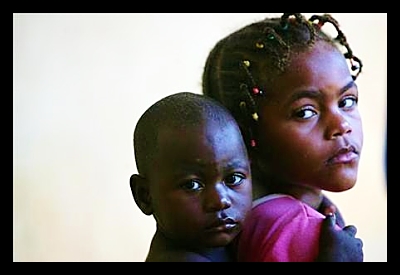Angola Remains in Poverty Despite Economic Growth

Though Angola is one of Africa’s leading exporters of oil, the country ranks 148 out of 187 countries on the United Nations Human Development Index. More than a decade has passed since a 27-year civil war displaced millions of Angolans and killed thousands more.
While the violent conflict involving three liberation movements and several foreign interventions has come to an end, many of Angola’s people continue to live in poverty.
Angola’s GDP has improved significantly since the war ended in 2002, growing 12 percent in 2012. Despite this progress, 67.4 percent of the country’s population lives on less than $2 a day, down from 70.2 percent in 2002. This reduction shows that poverty rates are decreasing, but the economy is growing at a much faster rate.
Foreign investors have provided funds for a national reconstruction program to rebuild the infrastructure destroyed during the civil war. The slums to which many fled during the war are being made over, and landmines are being cleared from formerly uninhabitable areas of the countryside.
While economic indicators seem to tout Angola’s transformation from a war-stricken wasteland to an up-and-coming African power, social indicators reveal that poverty remains an issue yet to be addressed.
President Jose Eduardo Dos Santos and the ruling MPLA party fiercely protect Angola’s image, controlling everything from the country’s economy to private media, but the peaceful image they project is far from the reality of most Angolan citizens.
While Angola’s investors and leaders enjoy immense material wealth, the country remains one of the most undeveloped states in the world. One in five children die before reaching the age of five, and almost 66 percent of people live in slums. Life expectancy hovers at around 51 years.
As Angola becomes an important part of the global economy, millions of its citizens continue to suffer from the long-lasting effects of a brutal civil war and a government focused more on abstract economic measures than true social change.
– Katie Bandera
Source: BBC, United Nations, Rural Poverty Portal
Photo: Reuters
